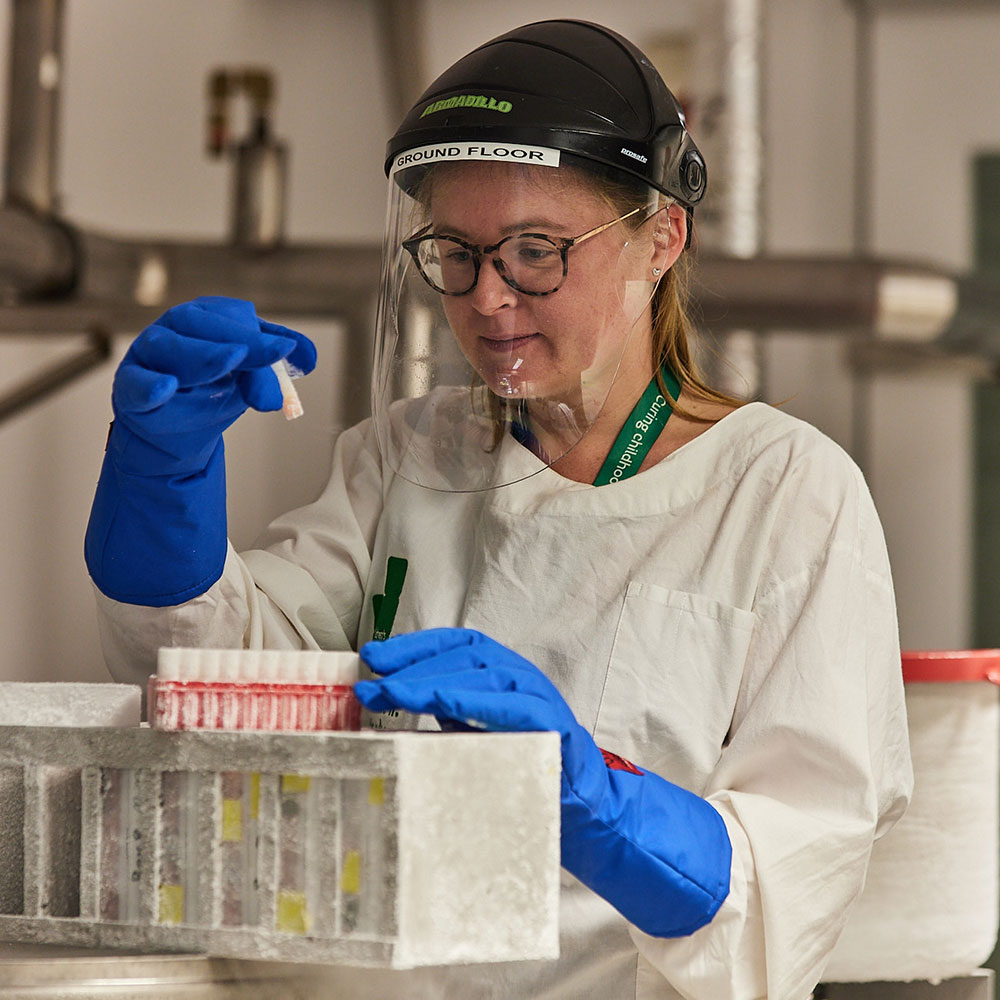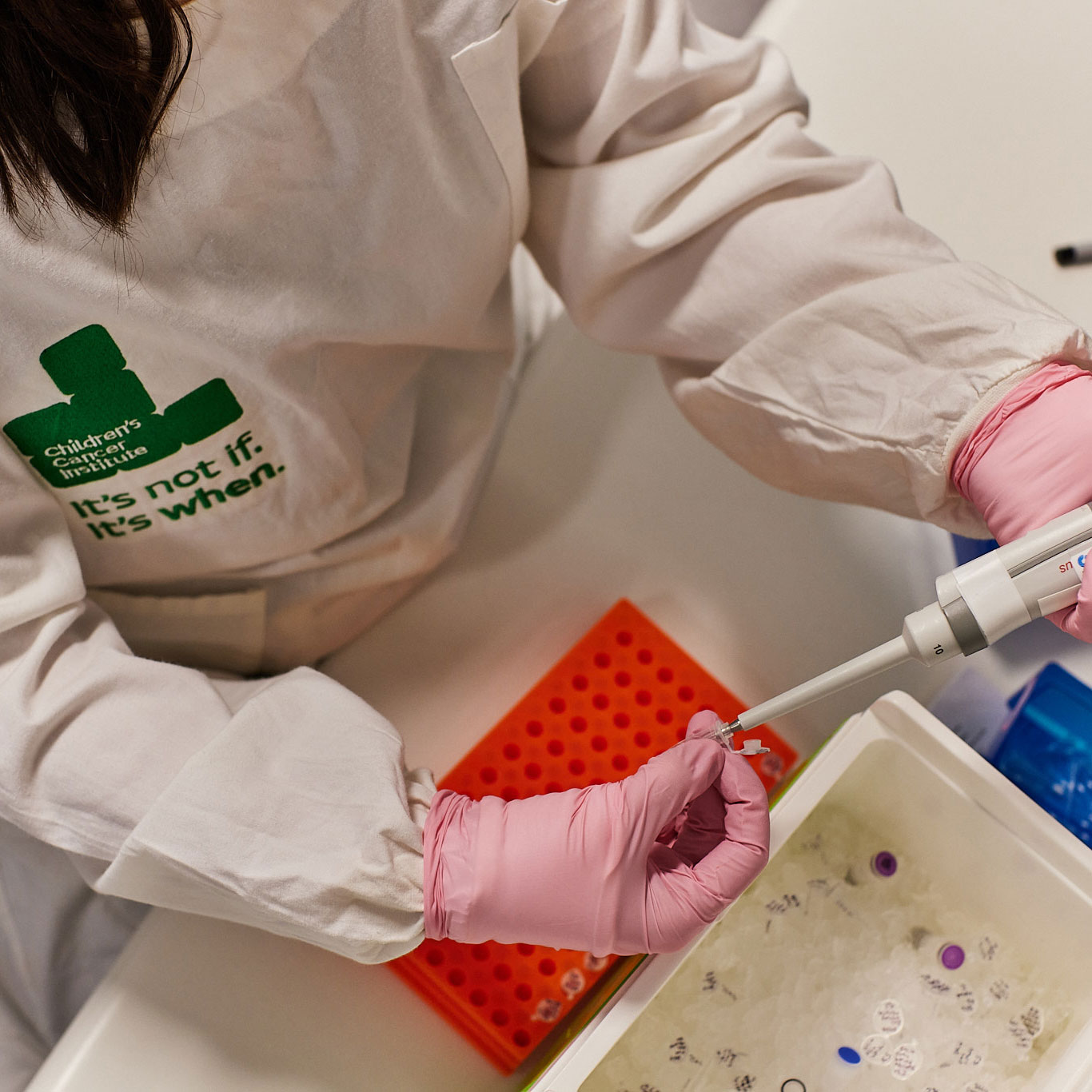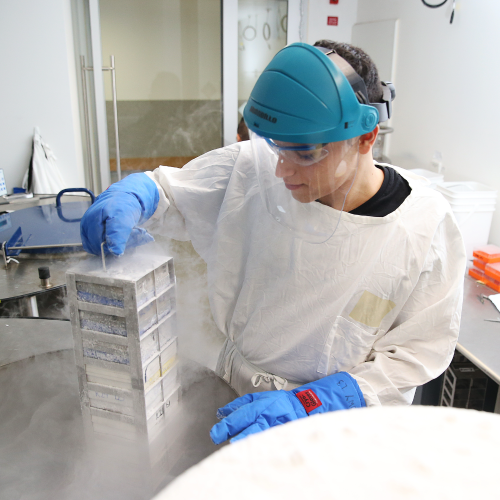Research theme
Research group
Biography
Associate Professor Paul Ekert joined Children’s Cancer Institute in 2019 to head its new Translational Tumour Biology Group, and in 2023 was appointed Deputy Director (Research Themes). Prior to joining the Institute, Paul worked for many years in Melbourne, first as a paediatrician at Royal Children's Hospital and as a research leader at the Walter and Eliza Hall Institute, and later at the Murdoch Children’s Research Institute (MCRI).
Paul is well known for his ground-breaking research on the genes that control cell death, and how they are regulated by growth factor signalling. He has also made important contributions to the study of other cell death pathways, notably those regulated by the Inhibitor of Apoptosis (IAP) proteins.
More recently, he has focused on applying the science of genomics to understand what makes a cell cancerous, and what in that cell might be targeted therapeutically. ‘I love the way the new science of genomics opens up the lid on cancer cells. We can now look in on them in a way we’ve never been able to before,’ he says. Among his early contributions to this field was a study of RNA-sequencing in acute lymphoblastic leukaemia in children, and developing tools to use this kind of sequence data in diagnostic classification.
Having initially worked on the Zero Childhood Cancer Program (ZERO) as a collaborator at MCRI, Paul made the decision to move to Children’s Cancer Institute to increase his involvement with the Program, which he sees as the most important childhood cancer research endeavour ever seen in Australia.
Paul leads a research program studying novel findings of ZERO to improve our understanding of how changes in genes cause cancers, and how we can use this understanding to develop more effective and less toxic therapies.
His research program also includes a significant new endeavour to characterise the diverse immune landscape of childhood cancer, supported by a $2M award from the Australian Cancer Research Foundation.
Publications
Awards
2008 Sylvia and Charles Viertel Senior Medical Fellowship
Related news & blogs

Researchers find new genetic target in childhood cancer

Zebrafish models offer fast and effective guidance for perso...

It's not just about the 'type' of cancer anymore














